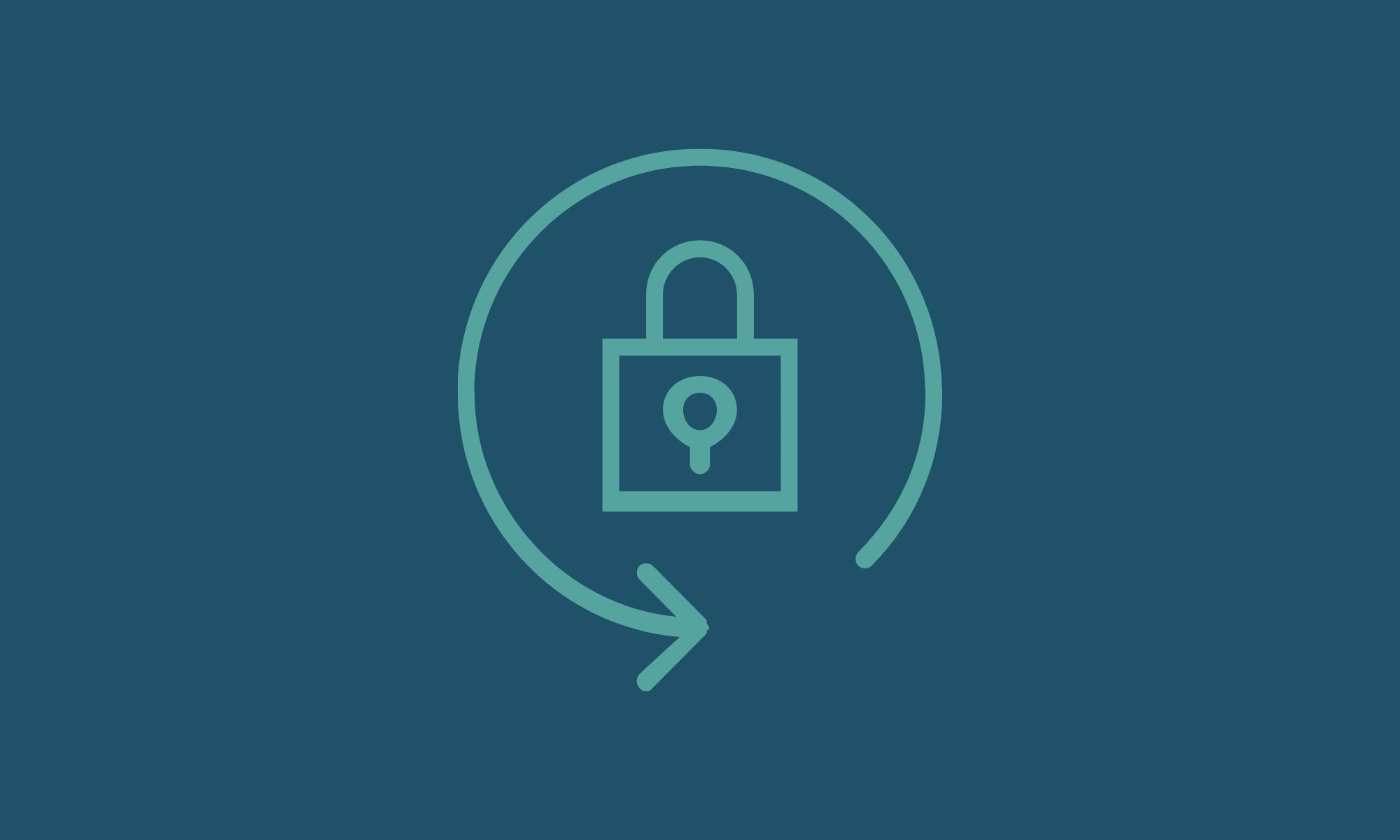Protect Your Customers' Data: Website Security for Financial Services
As a financial services company, your website is on the front lines of the cyber war, tasked with safeguarding customers' sensitive information from malicious attacks. With data breaches making headlines on a regular basis, website security has become a matter of urgency. But what exactly is website security, and why is it so critical for financial services companies? Read on to find out!

Website security - it's the barrier between your financial services company and the malicious forces of the cyber world. And when it comes to customer information, security is non-negotiable. From hacking attempts to data breaches, the threat of cybercrime is constantly evolving. But fear not; there are steps that your company can take to fortify the defenses and protect sensitive information. It's time to get serious about website security!
In this article, we explain the importance of website security for financial services websites and provide actionable steps you can take to protect your customers' sensitive information.
How to Protect Your Customer’s Data?
1. Secure Web Hosting: Your First Line of Defense
One of the most critical steps you can take to protect your customers' data is investing in secure web hosting. By choosing a reputable host such as Acquia, Pantheon, or Platform.sh, you can have confidence that the necessary security measures are in place, including firewalls and encrypted data storage, to prevent unauthorized access to sensitive information. This first line of defense is crucial in safeguarding your customers' personal and financial information. For instance, according to a study by Verizon, 43% of data breaches occur due to vulnerabilities at the hosting or service provider level and have doubled since 2019.
2. Stay Up-to-Date with Software Updates
Keeping your website software up-to-date, including the content management system (CMS) and any plugins, is crucial in ensuring that your website is protected from known security vulnerabilities. Cybercriminals are constantly finding new ways to penetrate websites, so it's important to stay ahead of the game by regularly updating your software. 75% of attacks in 2020 used vulnerabilities that were at least two years old.
Here are some examples of software updates that you should stay current on:
- Security patches for operating systems, CMS, and plugins.
- Bug fixes and performance enhancements for software and plugins.
- New features and functionality for software and plugins.
- Compliance updates for regulations such as GDPR or PCI-DSS.
How to master the art of being an early adopter of updates?
There are some tools, such as Qualys, Acunetix, and Nessus that can scan websites for vulnerabilities and provide a report that includes information about outdated software or plugins that need to be updated.
There are other ways to stay updated all the time; explore the table below:
3. Verify User Identity with Authentication
User authentication is another critical aspect of website security. This process involves verifying the identity of a user before allowing them to access sensitive information. In the case of financial services companies, this could involve implementing two-factor authentication, where a user is required to provide a password and a secondary code, such as a one-time-use code sent via text message, to access their account. This added layer of security helps to ensure that only authorized users have access to sensitive information. According to Google, two-step verification through SMS text messages can stop 100% of all automated attacks, 96% of bulk phishing attacks and three-quarters of targeted attacks.
4. Protect Against Common Cyber Attacks
You must also ensure that your websites are protected against common types of cyber attacks, such as cross-site scripting (XSS) and SQL injection attacks. XSS attacks allow attackers to inject malicious code into a website, which can then steal sensitive information from users. SQL injection attacks allow attackers to access and manipulate a website's database, potentially compromising sensitive information. Protecting your website against these types of attacks is crucial in minimizing the risk of a security breach. According to a report by Symantec, XSS and SQL injection attacks accounted for over 50% of all website attacks in 2020. Symetris can offer a range of security solutions to protect sensitive customer information and ensure the website is secure from potential cyber threats.
5. Educate Your Customers on Website Security
Finally, it's essential to be proactive in educating your customers about the importance of website security. This could include offering tips on how to choose strong passwords, warning signs of a potential phishing attack, and advice on how to keep their personal information secure online. Empowering your customers with the knowledge they need to protect themselves helps to create a safer and more secure online environment for everyone.
Safeguard Your Financial Services Website
Website security is of the utmost importance for financial services companies. With the right measures in place, you can minimize the risk of a security breach and protect your customers' sensitive information. From secure web hosting to user authentication, and proactive education, you must take a comprehensive approach to website security to ensure the safety and privacy of your customers' data.
Protect your website with Symetris' expert Drupal security solutions. Our team of experienced professionals has years of expertise working with financial companies, so we understand the unique challenges of this industry and how to overcome them. Let us assess your specific security needs and implement best-in-class measures to provide you with the ultimate peace of mind.